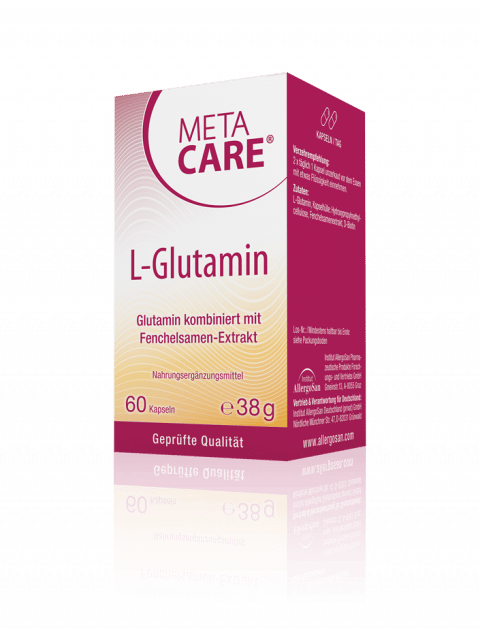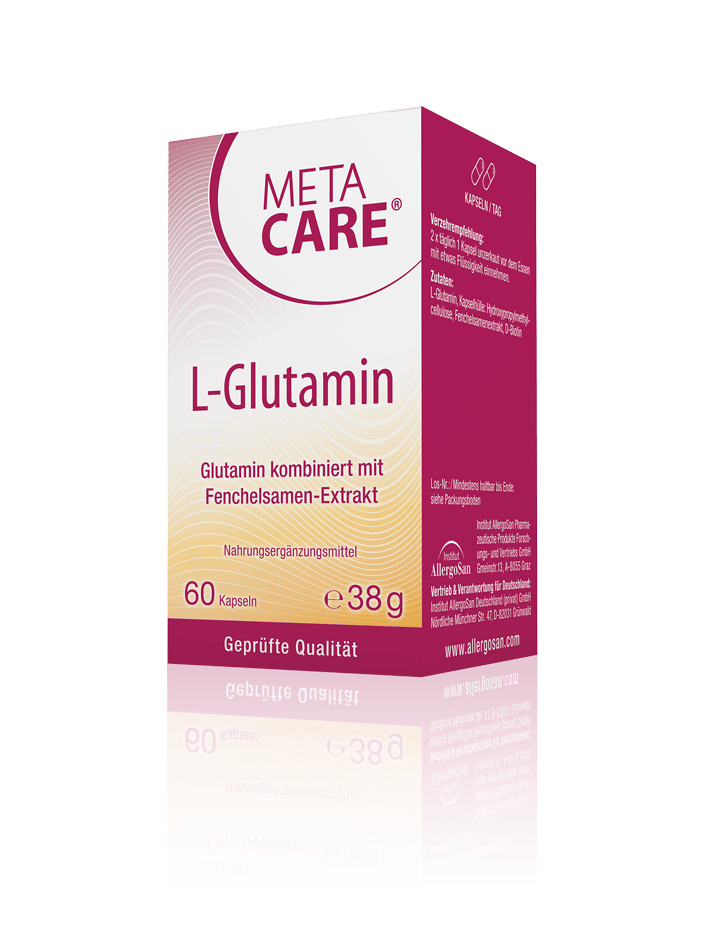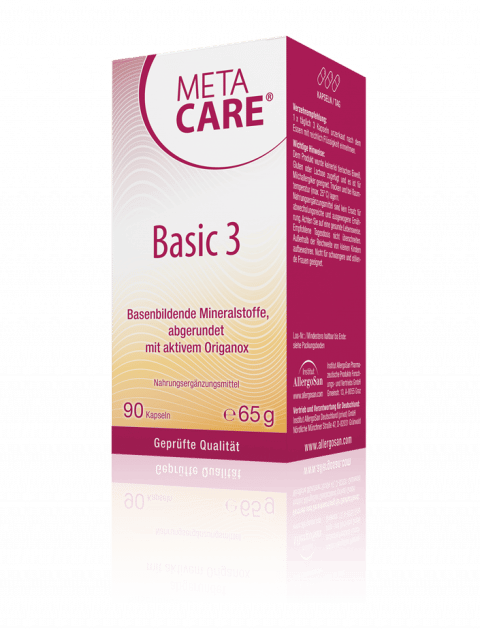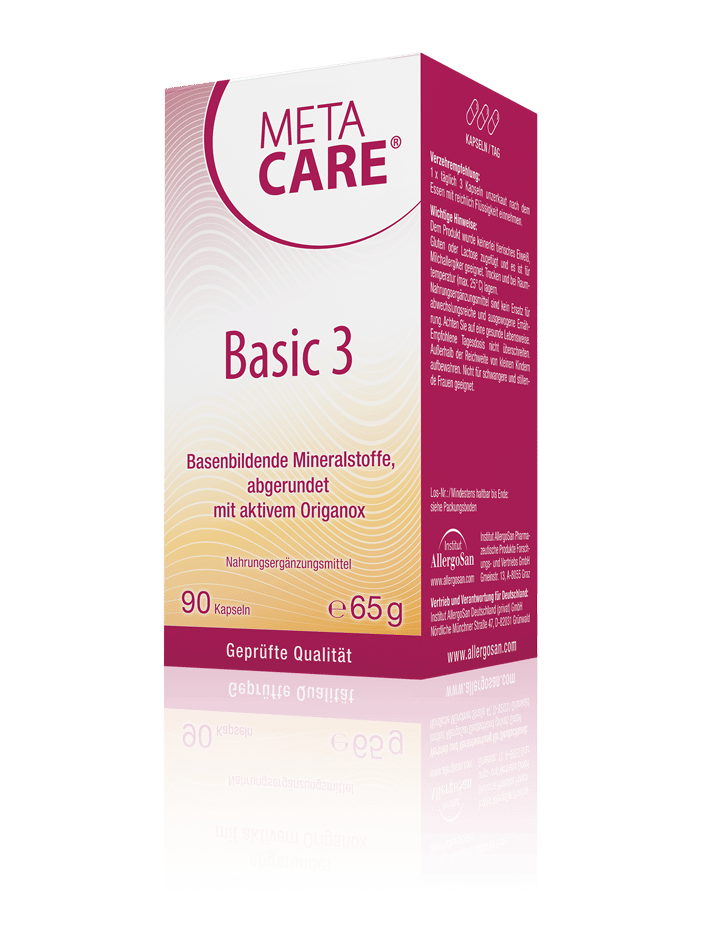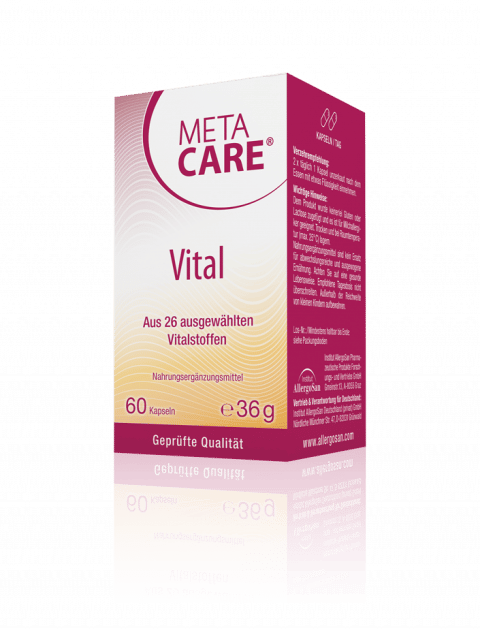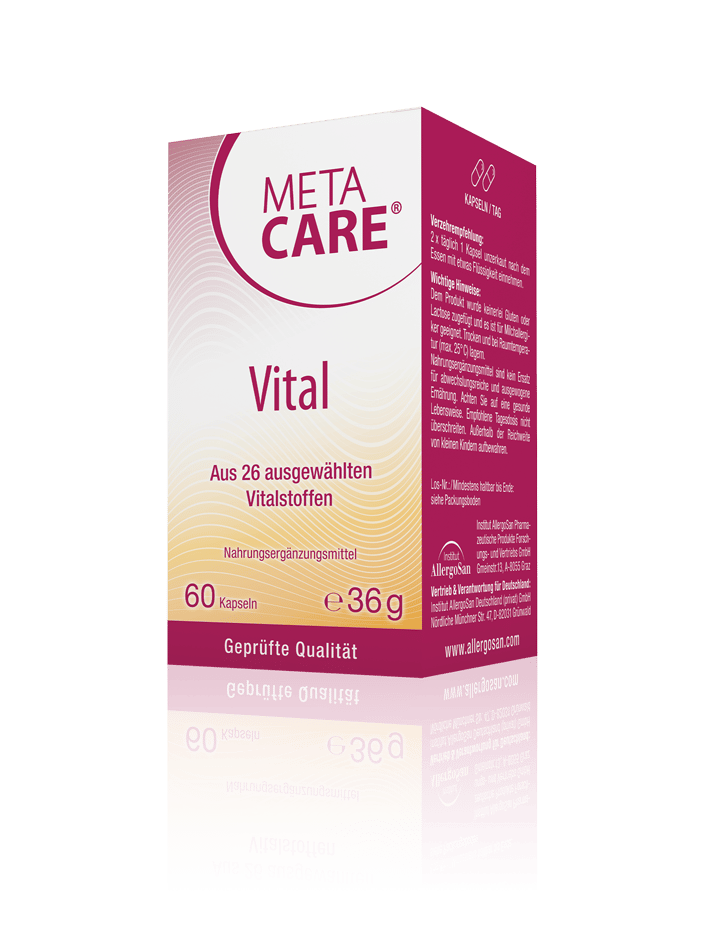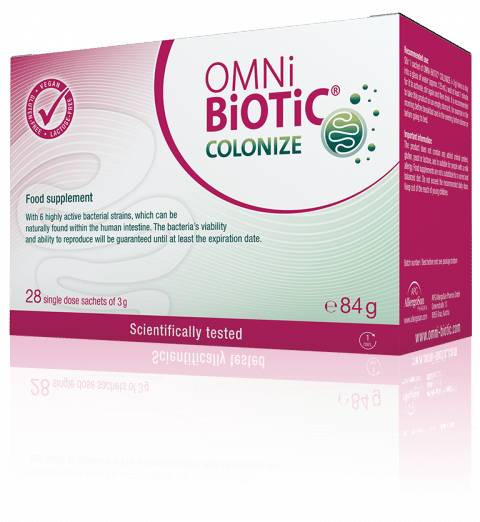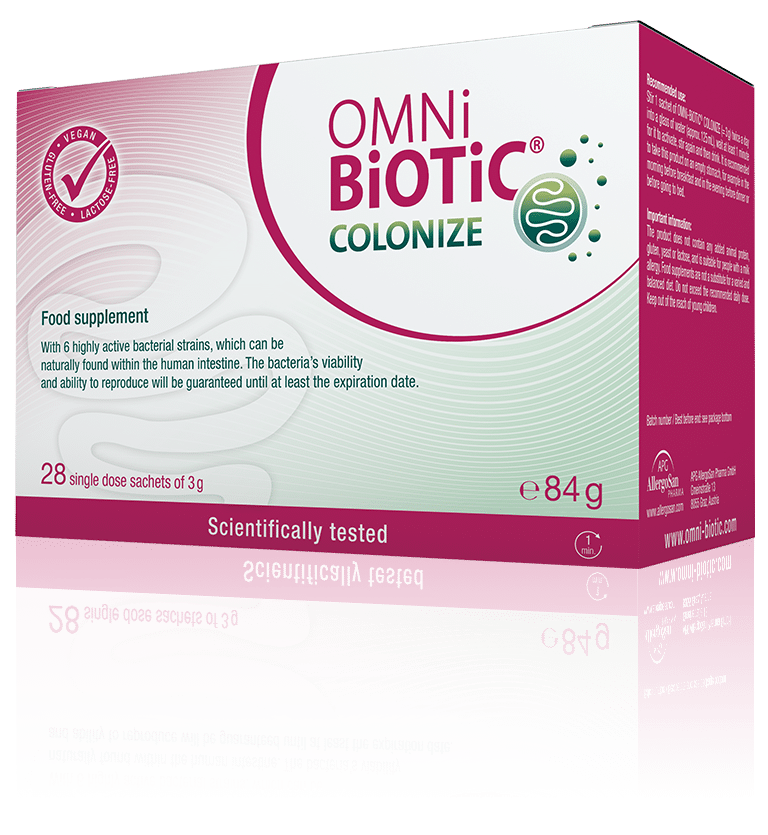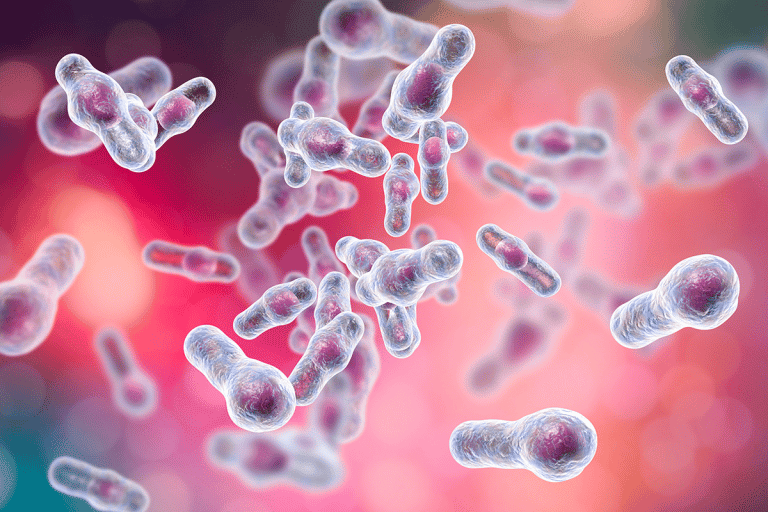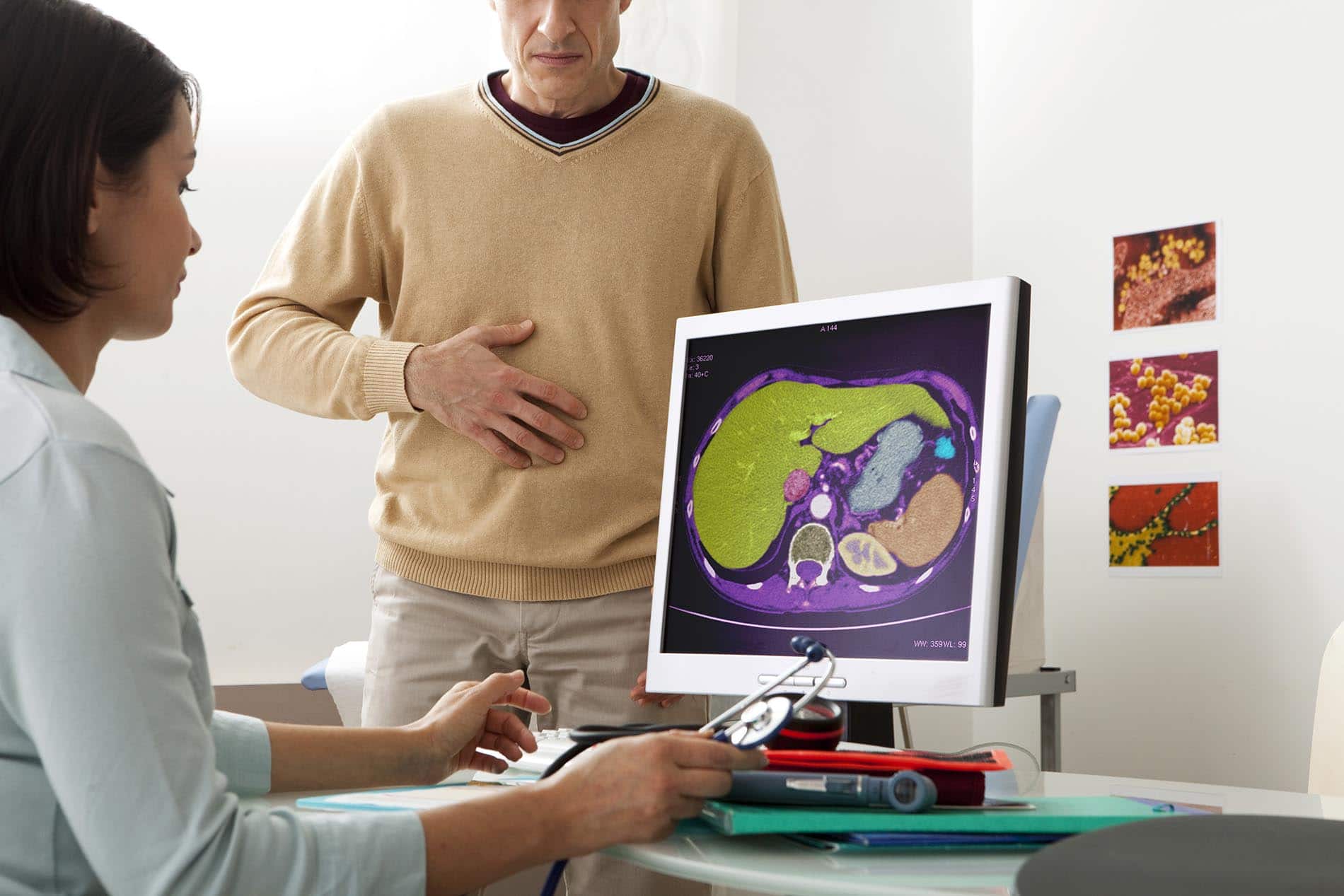
Gut-Liver-Axis
Mag. Frauwallner: : The population is not yet aware of the enormous importance of the liver and, above all, its dependence on the condition of the intestine, although liver diseases are on the increase. Can you explain the connection between the intestine and the liver to our readers?
Prof. Stadlbauer-Köllner: The intestine is the largest organ in the human body with a surface area of well over 200 m2. It has an extremely interesting functional relationship with the liver, as nutrients, vital substances, but also signalling molecules (cytokines) and bacterial components reach the liver first via a large blood vessel, the portal vein. Under normal conditions, only a few bacterial components, e.g. endotoxins and bacterial DNA, pass via the intestinal wall into the blood. They are then rapidly degraded in the liver. If the intestinal barrier is disturbed, there is a greatly increased influx of bacterial components into the liver, which can no longer cope with them. This leads to inflammatory changes in the organ and thus to liver damage.
Mag. Frauwallner: The latest statistics on liver disease that I have read are really frightening. 30% of Central Europeans already suffer from it, the tendency is strongly increasing, and a not so small proportion of allegedly 8 to 10% of patients also die from these diseases. Even more surprising, however, is the fact that not only people who like to drink alcohol are affected by liver disease, as was previously thought, but also those who have never touched alcohol, but simply like to eat well, do not exercise enough, etc. Many doctors are concerned that other organs are also damaged, which at first sight have nothing to do with the detoxification organ, the liver. Can you explain this to us?
Prof. Stadlbauer-Köllner:When the intestinal barrier is disturbed, it is not only the liver that is overloaded and inflamed. If the bacterial products can no longer be broken down and continue to enter the blood circulation, immune cells are activated that can also cause damage in other organs. The fatty tissue is also closely connected to the liver and the metabolism. Messenger substances from the fatty tissue, especially from that on the abdomen, can negatively influence the sugar metabolism in the liver and trigger a form of diabetes. This in turn leads to fat storage in the liver cells and thus to fatty liver, which can unfortunately develop into fatty liver hepatitis or liver cirrhosis in some patients.
“A disruption of the intestinal barrier results in a greatly increased influx of bacterial components into the liver.”
Univ.-Prof. Dr. Vanessa Stadlbauer-Köllner
Mag. Frauwallner: You are working on studies on the connection between the intestinal bacteria, the liver and immune function. These activities have shown above all that you have to research this axis much more intensively, that the colonisation of the gut with healthy bacteria is of enormous importance in order to perhaps even be able to put a stop to the rise in liver diseases. Can you tell us something about this?
Prof. Stadlbauer-Köllner: In liver cirrhosis, the final stage of chronic liver disease, the composition of the intestinal flora is altered, the intestinal barrier is disturbed and thus more permeable. As a result, the patients’ immune system is overloaded, liver function deteriorates and the patients become more susceptible to infections. Influencing the intestinal flora with probiotics could strengthen the liver function again by improving the bacterial diversity in the intestine as well as the barrier function and perhaps also reduce the susceptibility to infections.
Mag. Frauwallner: Even in magazines for lay people it is pointed out today that the condition of the intestine, especially the diverse colonisation by intestinal bacteria, has an influence on the mental state. To what extent could a disturbed connection between intestine and liver also have a connection with psychological problems?
Prof. Stadlbauer-Köllner:Special signalling molecules – so-called neurotransmitters that are produced in the intestine – and bacterial products from the digestive organ can reach the brain. We speak here of the gut-brain axis. In animal models, a connection between the composition of the intestinal bacteria and anxiety could be shown – in clinical medicine, a connection with depression.
Mag. Frauwallner: Today, everyone is talking about mental disorders, depression and burnout, but they are often not taken seriously. Many are still of the opinion that these are not illnesses but only imaginations, although in the meantime you can show us on the basis of research results that these connections actually exist. Hence my question: Are there also serious illnesses in the psychiatric and neurological field that show that the probiotic bacteria in the intestine play an essential role in this?
Prof. Stadlbauer-Köllner: Yes, these connections have also been recognised in other psychiatric disorders such as autism. In addition, the gut-brain axis plays a role in the development of migraine. Therefore, it is quite conceivable that probiotics also play a role in diseases of the nervous system, especially those with an inflammatory component.
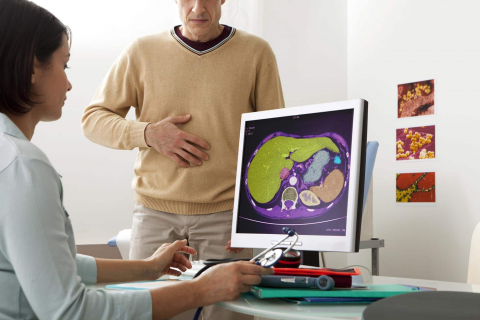
Mag. Frauwallner:What are the future expectations of the scientific world for probiotic medicine? In which areas are there already clear results and where do you personally already expect an impact on the treatment of diseases in the next 5 to 10 years?
Prof. Stadlbauer-Köllner: The rapidly advancing technological development in microbiome research will make it possible in the foreseeable future to develop probiotics with very specific properties that will be precisely tailored to a disease. Already today, probiotics are routinely used for chronic inflammatory bowel diseases, infectious diarrhoea, especially in children, antibiotic-associated diarrhoea or irritable bowel syndrome. In the near future, I expect to see progress, particularly in the area of liver disease, in improving liver function in cirrhosis and in the treatment of hepatic coma. It will probably be a little longer before we have the possibility to treat obesity and metabolic syndrome with probiotics; but there are already promising approaches in this regard as well.
Mag. Frauwallner: Of course, our readers are always interested in the private attitude of top experts, so what is your personal approach to probiotics? Do you use them yourself or do you advise your family and friends to do so?
Prof. Stadlbauer-Köllner: My family and myself, we always use probiotics, e.g. when taking antibiotics. I also advise my friends and acquaintances on taking probiotics, and I was even able to successfully treat my parents’ dog with a probiotic for an infectious diarrhoeal disease.
“In cirrhosis, the end stage of chronic liver disease, the composition of the gut flora is altered.”
Univ.-Prof. Dr. Vanessa Stadlbauer-Köllner
Mag. Frauwallner: In the course of this interview, you have shown us that there is great interest worldwide in the use of medically relevant probiotics. We also feel this at the Institut Allergosan, where requests for cooperation on very different medical topics and really interesting study projects arrive practically every week. Will you yourself continue to be active in medical microbiome research and are there already plans for further scientific work?
Prof. Stadlbauer-Köllner: I really want to continue working in this field because I think microbiome research is the most exciting medical research field at the moment. We are currently planning new work in several areas, e.g. metabolic syndrome, severe infections and chronic kidney disease, because the microbiome plays an important role in all these health problems. We hope that these studies will lead to a better understanding of the development of diseases and, of course, to the possibility of modulating the intestinal flora in order to have a positive influence on the diseases.
Mag. Frauwallner: We would like to thank you very much and are already looking forward to the next joint scientific projects.
*Assoz. Prof. Dr. med. Vanessa Stadlbauer-Köllner is a specialist in internal medicine, gastroenterology and hepatology, as well as head of the research unit “Transplantation Research” at the Medical University of Graz.


